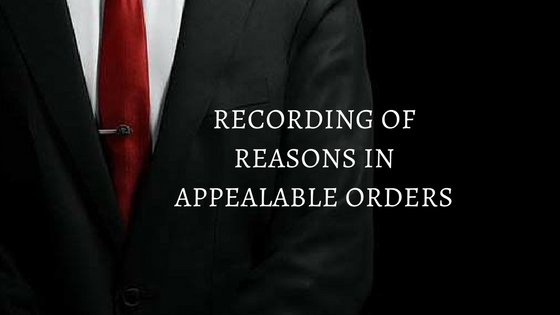Aapka Consultant Judgment Series- In this series, we are providing case analysis of Landmark Judgments of Hon’ble Supreme Court of India.
Maya Devi (D) By LRs. v. Raj Kumari Batra (D) By LRs. & Ors
[2010] 9 SCC 486, [2010] 10 SCR 1113
JUDGES: Markandey Katju and T.S. Thakur
Date of Decision: 08-09-2010
FACTS:-
The facts in a nutshell are that a decree passed in favour of the respondent remains to be executed even after the lapse of 34 years. In a suit favoured for recovery of the sum, the execution of decree for attachment of property of the judgment debtor and issuing a sale proclamation was passed. The Executing Court finally made an order whereby it confirmed the sale in favour of the decree holder in accordance with the compromise made between the parties. Though, the decree holder prayed to set aside compromise but was dismissed by the Executing Court. Thereafter, aggrieved judgment debtor filed application for appeal and Letters Patent Appeal before the learned Single Judge of High Court against the execution of decree but the same was failed. Thus, this petition with special leave was presented against said two orders thereby bringing clarity to the question of legality of the execution decree as to sale of the property decided on the basis of the compromise/adjustment arrived at between the parties. Therefore the present appeal assails the correctness of the said order.
ISSUE:-
Whether the appellant court was correct while deciding matter under Order XLI Rule 1 and 2 of the Code on merits?
JUDGMENT:-
In the instant case, suit after the prolonged trial came to an end having been determined finally on the merits. The Hon’ble Court has outlined that there is nothing like a power without any limits or constraints. That is when a court or other authority is vested with wide discretionary power such discretion has to be exercised only after recognizing well and sound juristic principles with a view to promote fairness, inducing transparency and aiding equity. The juristic basis underlying the requirement that courts and authorities in exercise of the power to determine the rights and obligations of individuals must give reasons in support of their orders has been examined in a long line of decisions rendered by the Hon’ble Court.
Taking note of all the relevant decisions and provisions of the Code, the Hon’ble Court concluded that if the court or other authority is vested with discretionary powers, discretion has to be exercised by proper application of mind and with recording of reasons to promote fairness, transparency and equity. It is the duty of the court to indicate the reason where discretion is exercised. Although, the question as to the remittance of a case by the appellate court is discretionary and would largely depend upon the nature of the dispute, the nature and the extent of evidence that may have to be appreciated, the complexity of the issues that arise for determination and whether the remand is going to result in avoidable prolongation of the litigation between the parties. Generally, the appellate court avoids remand of cases if it prolongs the litigation.
Hence, the appellant court while deciding matter under Order XLI Rule 1 and 2 on its discretion considered the fact of prolonged trail for about three decades and decided it on merits instead remitting back to the subordinate court for fresh disposal. Thus, the decision of the appellate court does not require any interference by the Hon’ble Court under Article 136. In result, appeal was dismissed.
HELD:-
Thus the Court has resolved this prolonged matter on merits rather than remitting the same back for a fresh disposal by the learned single Judge.












